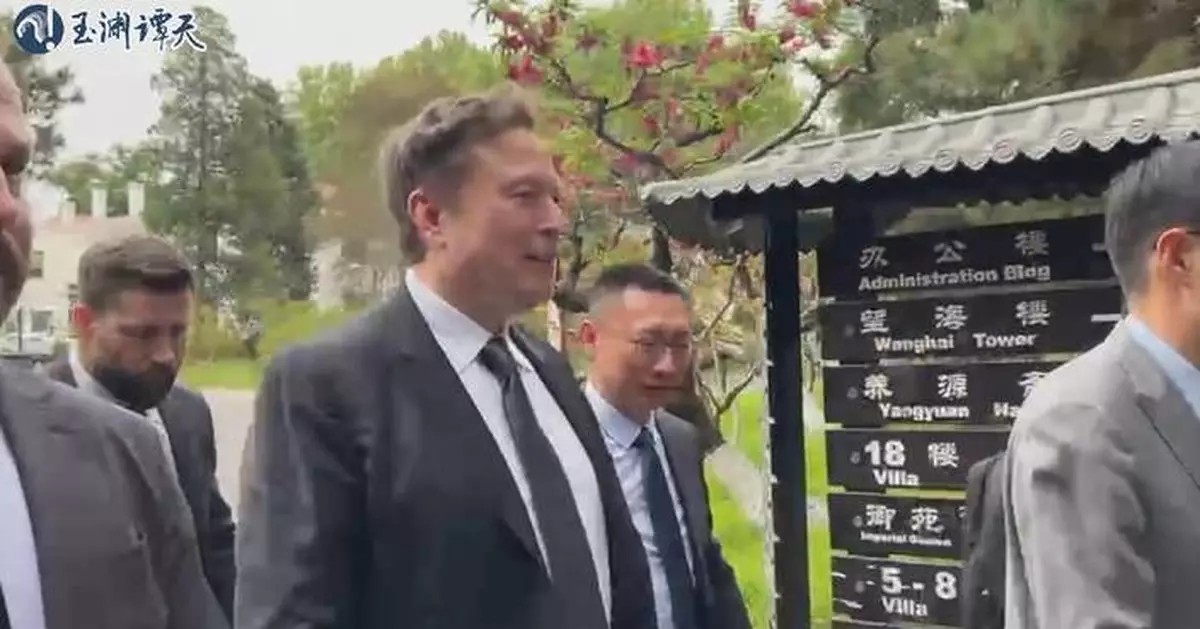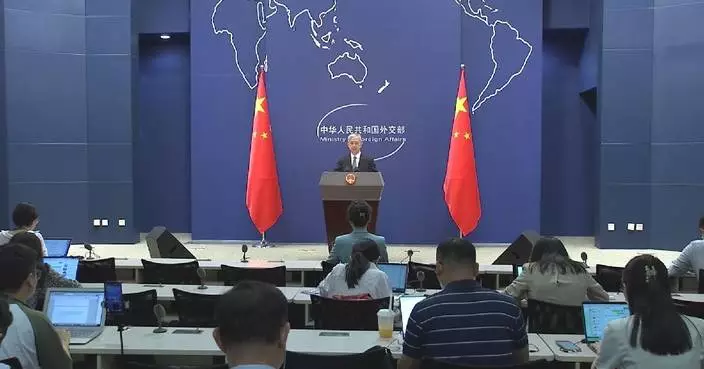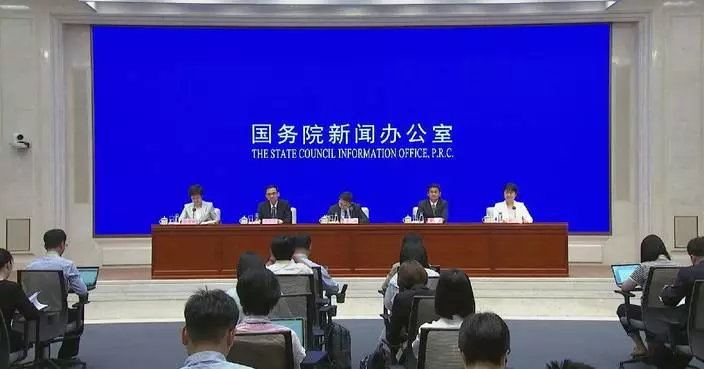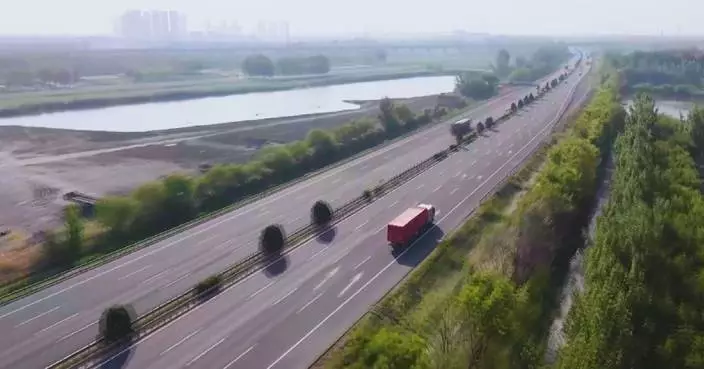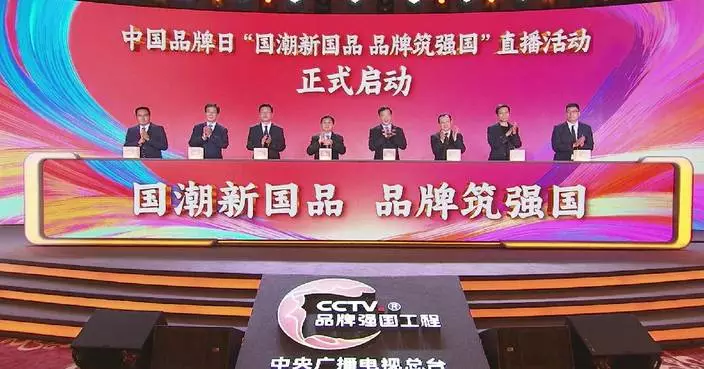Tesla CEO Elon Musk commended China's advances in the electric vehicle (EV) sector during his visit in Beijing on Sunday.
"It's good to see electric vehicles making progress in China. All cars will be electric in the future," he said.
Musk visited China at the invitation of the China Council for the Promotion of International Trade (CCPIT). He met with Ren Hongbin, president of the CCPIT to exchange views on topics including cooperation.
Tesla's Shanghai Gigafactory, the company's first manufacturing plant outside of the U.S., delivered some 947,000 vehicles last year.
Data from the China Association of Automobile Manufacturers shows that in 2023, China's NEV production and sales increased by 35.8 percent and 37.9 percent year-on-year respectively. The sales accounted for nearly 65 percent of total global NEV sales. China has been the world's top producer and seller of NEVs for nine years in a row.
The country's huge consumer market provides a favorable environment for the research and development and upgrade of NEV technology. Due to a higher level of acceptance among Chinese consumers of vehicle intelligence and new technologies, many automotive companies are prioritizing the launch of new products and technologies in the Chinese market.

Tesla CEO Elon Musk commends China’s progress in EV sector
Multiple cities across China, including Beijing, Guangzhou, Hangzhou, and Shenyang, have eased restrictions on home purchases and loan extensions to revitalize the real estate market, which is expected to improve market expectations as the newly adopted incentive measures take effect.
Beijing recently released its 2024 Housing Development Annual Plan, which provides for the allocation of 1,060 hectares of land for residential purposes, maintaining stable land supply. This includes plans to supply approximately 6 million square meters of commercial housing and to build 70,000 units of affordable rental housing, along with delivering 80,000 units of various affordable housing.
Since late April, multiple cities in southern province of Guangdong have rolled out new real estate policies to shore up the market.
Guangzhou's Huadu District launched a one-year "trade-in" promotion for commercial housing starting on Wednesday, offering multiple discount incentives and allowing participants to unconditionally refund deposits within a certain period.
"The 25 participating companies are mostly large centrally-administered enterprises, state-owned enterprises, or major real estate companies. Their housing units primarily focus on meeting essential needs or providing improvements to current living conditions," said Huang Feifei, secretary general of the Guangzhou Huadu District Real Estate Industry Association.
On Monday, Foshan, a city adjacent to Guangzhou, issued a notice involving 13 measures to incentivize the real estate market.
The measures include supporting the "trade-in" of housing, increasing support for provident fund loans to purchase homes, and implementing a dynamic adjustment mechanism for first-time home loan interest rates. Non-local residents with legal ownership of residential properties in Foshan can apply for household registration, with their spouses and minor children allowed to gain the permanent residential status.
Earlier this month, Hangzhou City in east China's Zhejiang Province announced the easing of home purchase restrictions, including the removal of the housing lottery system and purchase qualifications for commercial housing.
Non-local residents who acquire legal property rights in Hangzhou are now eligible to apply for the permanent residential status.
In northeast China's Liaoning Province, the provincial capital city of Shenyang has announced measures to ease restrictions on application for the permanent residential status, in efforts to attract more people to settle in the city.
These measures include removing the quota limit for points-based household registration, expanding the scope of academic-based applicants, and relaxing criteria for property-based relocation and collective household registrations.
A report recently released by the People's Bank of China -- China's central bank -- suggested a comprehensive study on disposing of existing real estate inventories and modifying new housing policies.
The report advocates city-specific policies and precise implementation of differentiated housing credit policies to better support home purchases for essential needs and improvements, meet the reasonable financing needs of real estate enterprises, and promote stable and healthy development of the real estate market.

Chinese cities modify real estate policies to boost market confidence



